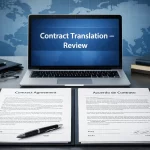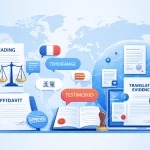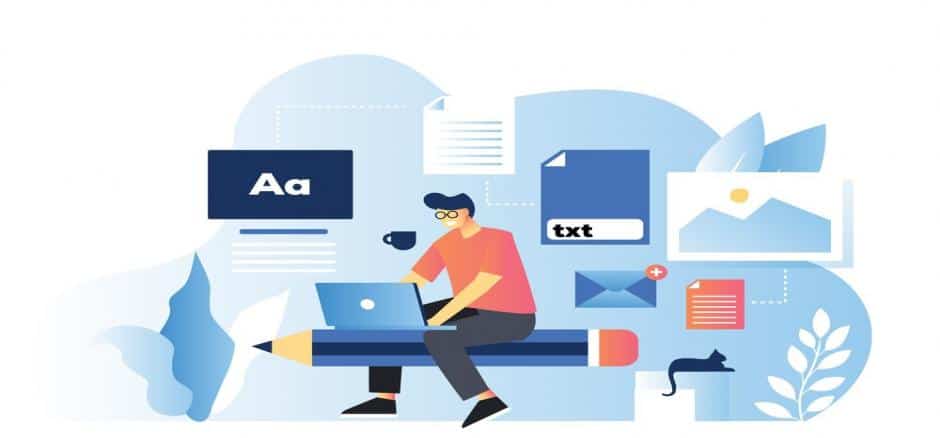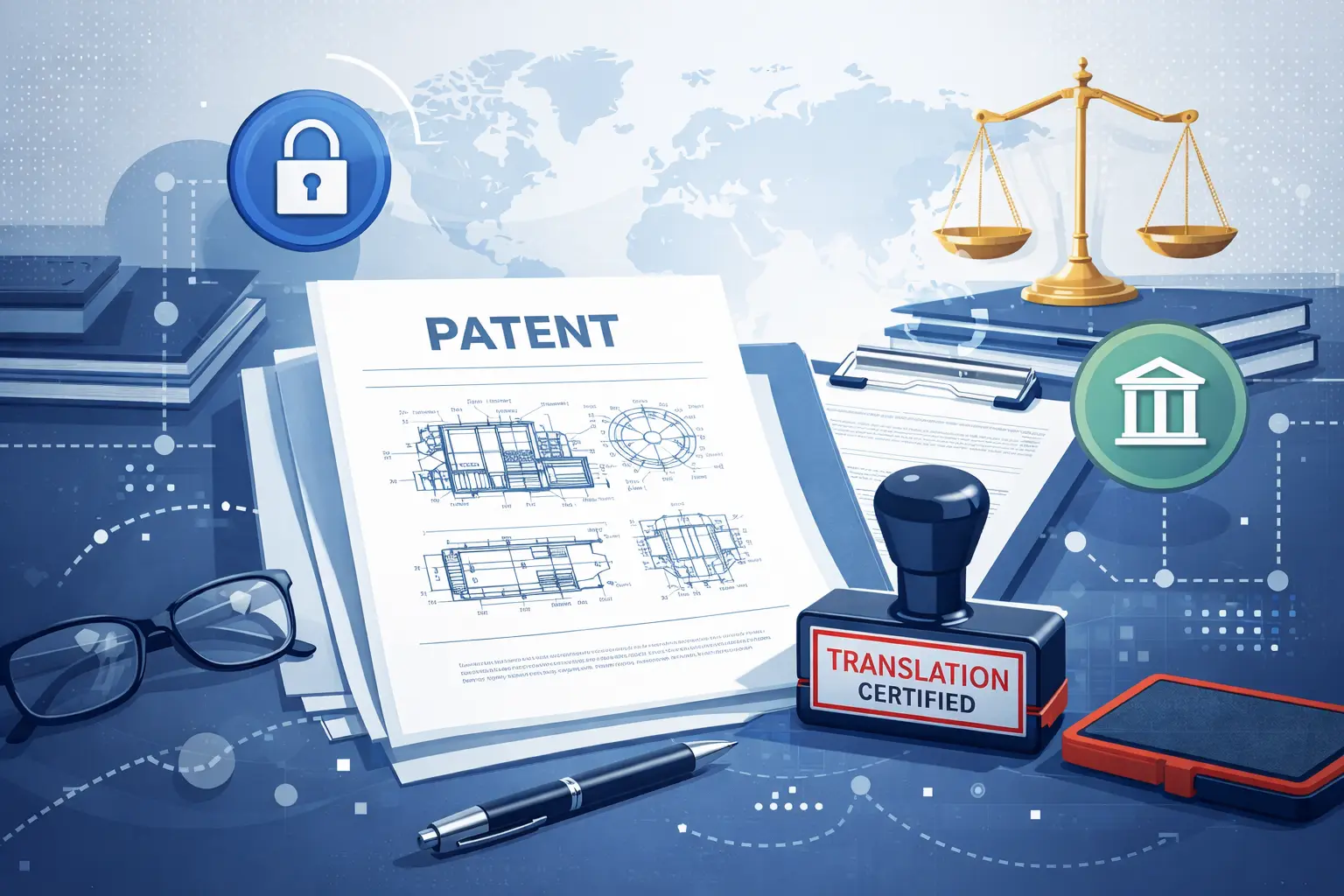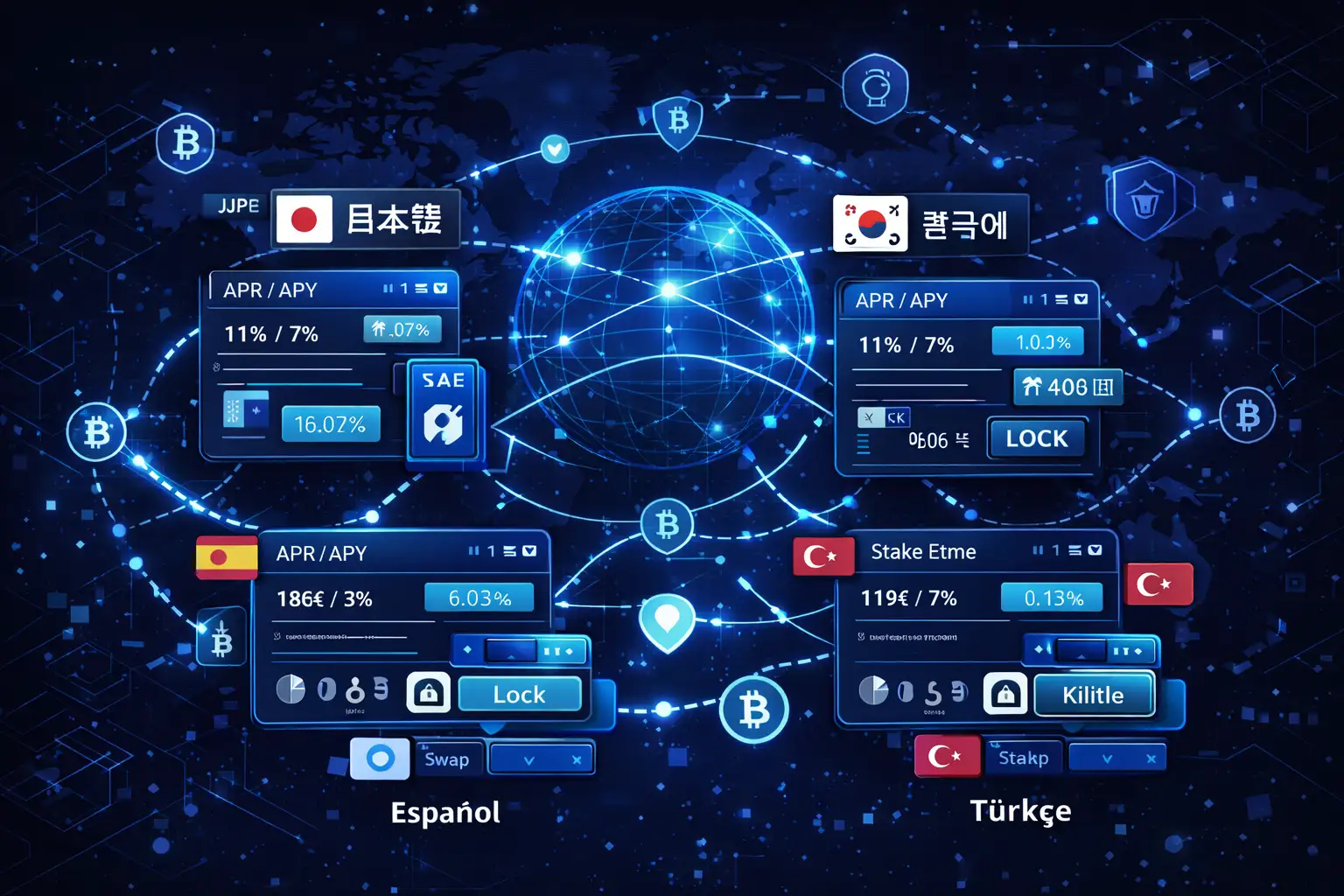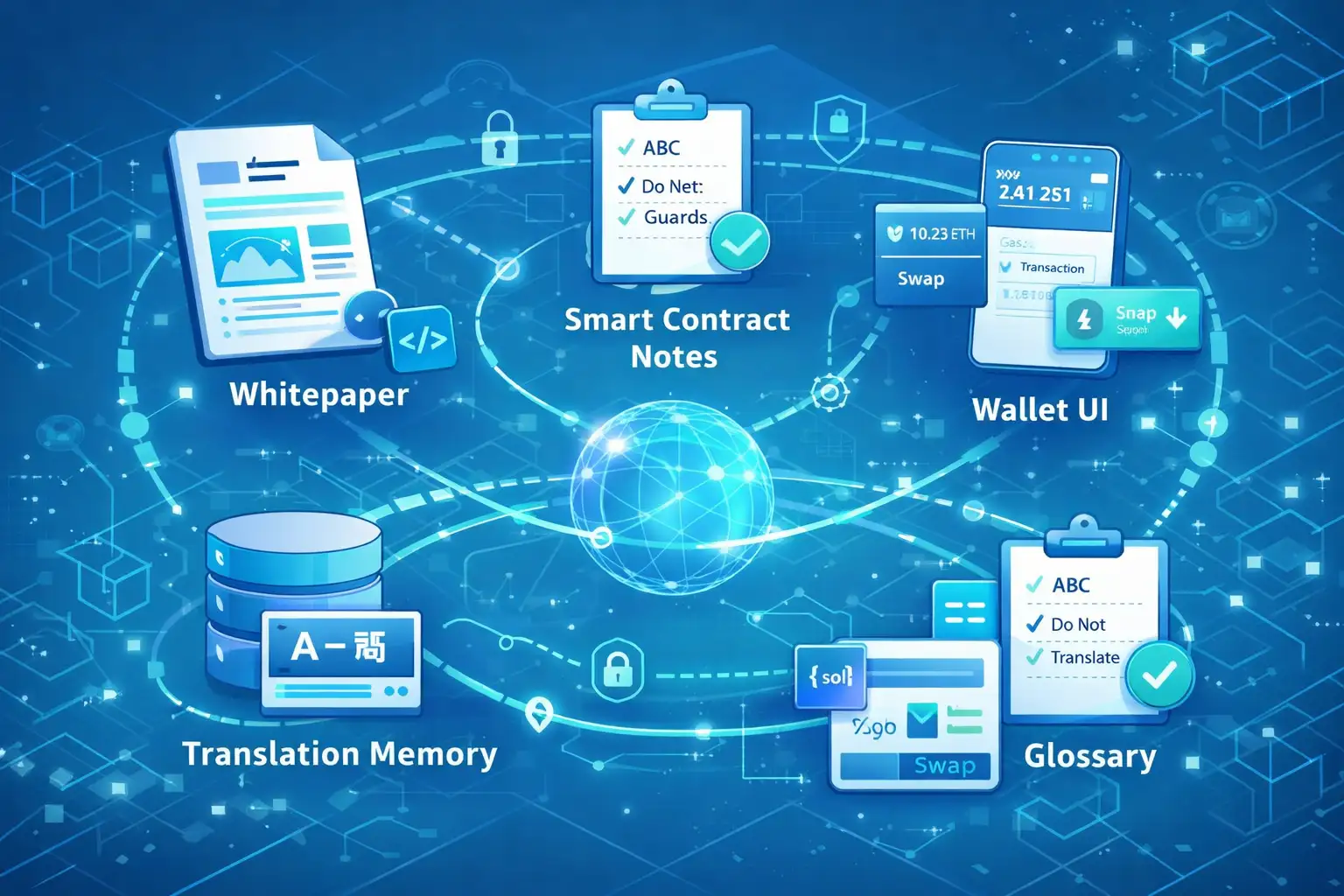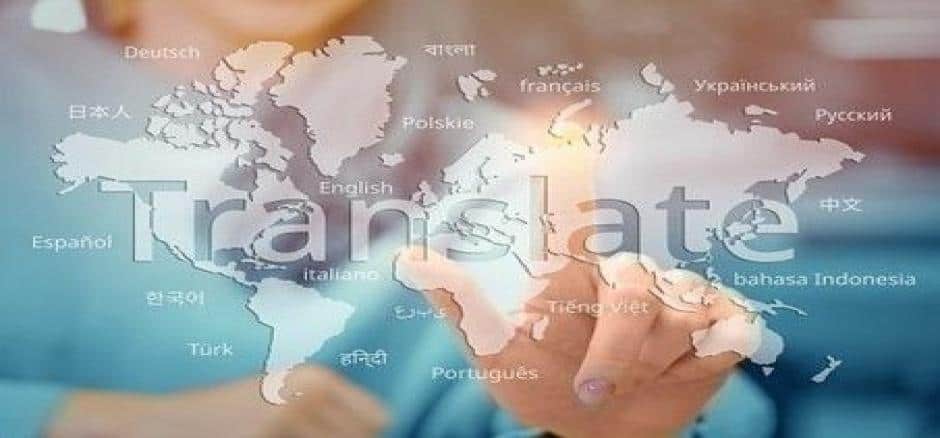With the help of a dictionary, most people can do translations. Many apps have made it easier for people to be able to do translations. These translations are often for casual purposes and are used most often for leisurely reading. However, if you need a professional document, such as an academic document, translated, a professional translator with several translation degree levels is the best option.
It is, therefore, important to have professional documents translated by professional translators. Professional translators do have a deeper understanding of texts. In order to have such documents translated by professionals, it is often necessary to find good translation services such as Circle Translations.
Most translation services will provide you with the best options for translation. These translations are always done by professionals who have the qualifications to do so. The qualifications would include having degrees in specific fields, as documents are most often from various fields.
It is important, therefore, that translation services provide customers with highly qualified staff. This is especially true when it comes to academic translations. Academic documents need translators to understand the field of study should they wish to do accurate translations for a specific field of study. This means that it would be best for the translator to have a university or college degree.
Why would a Translator need a Degree?
The reason why a translator would need a degree in the first instance is that most translation services would employ a person with a degree. A person with a degree would have a better understanding of the subject matter he or she has to deal with. Hence, should you wish to be appointed as a translator at a translation service company such as Circle Translations, you should have a degree. This is besides the point that you need to be fluent in at least two languages. The latter should be that you are highly proficient both in writing and orally.
Most importantly, professional translations require that translators have translation degree levels. The higher the degree level, the better the understanding of the text in a particular field. It is, therefore, a good idea to pursue higher levels of education. It is also a good idea to continue studying your particular area of expertise as well as your language proficiency.
What are Translation Degree Levels?
Bachelor’s Degrees
In light of the area of expertise, a translator needs at least a bachelor’s degree with particular subject choices. This is especially for the purpose of targeting specific documents. A bachelor’s degree is also sufficient for ordinary translations such as letters, short documents, and several non-academic papers or articles.
Bachelor’s degrees have various streams. This means that, as a student, you are able to follow your field of interest. Inevitably, should you wish to become a translator, you will be channeled into that field for translation work. In some ways, that makes you an expert in that area. As said above, it limits you to shorter versions of documents.
However, you can build a reputation in this field based on how good your translations are. In the end, you do not really need a higher degree, especially if you have built experience and a portfolio of translated documents. However, as also stated before, further studies can provide you with a deeper understanding of your subject matter as well as improve your language proficiency. Therefore, translation degree levels are important for translation services.
Post-Graduate Degrees
A bachelor’s degree allows you to study a wide range of subjects. However, most universities require you to choose a major that could lead you to further studies. This is often a specialization subject contained in the degree package.
Most translating services would employ someone with a postgraduate degree. The reason is that these people would have a deeper knowledge of subjects. However, if you chose translation as a career from the beginning, you could specialize in this field. This means that you can include majors such as foreign languages and culture, translation and interpreting, as well as linguistics and English.
Short Break Down of Majors for a Career in Translation
Foreign Languages
Even if you can write or speak a foreign language, it is important to study it if you wish to pursue a career in translation. Most universities require a high level of proficiency in the foreign language you wish to study.
Translation and Interpreting
A major in translation and interpreting would be a great help to prospective translators. Some of the minor subjects that are addressed in this major are the following: It includes the study of the fundamentals of spoken language interpretation, theory of linguistics, language processing psychology, and other aspects and applications of how translation and interpreting work.
English Major
Most translation services in the United States translate documents from English to a foreign language or vice versa. It is therefore important to have English as your major as well as a foreign language. A better understanding of English will help with the translation from a foreign language into English.
Linguistics
The study of linguistics is a vital part of translation and interpretation. Linguistics allows you to understand the semantics, pragmatics, phonetics, syntax, and phonology of languages. It would be advisable for students who wish to follow a career in translation to choose this as a major for both English and the foreign language they wish to study.
Summary
Most translation services, such as Circle Translations, would opt for candidates with translation degree levels. As mentioned, though, it is important to have a good grasp of the languages to be translated.
Subtitles

Professional and Accurate Subtitle Services for your Videos.
- Video subtitles specifically tailor-made for improving accessibility.
- Using highly experienced subtitlers with years of industry experience.
- Professionally written and expertly timed.
Translation

We help the world’s top companies translate their content in over 73 languages!
- We localize content for internet websites, games, travel, cryptocurrencies, and more
- Expand your global audience by adding different languages.
- We work only with qualified translators and experienced content creators
Audio translation

Ensuring full accessibility for Blind and visual impaired audiences.
- Visual descriptive events as they occur in the video.
- Working with top audio describers to perfectly describe what is happening on-screen
- Professional sound recording.




